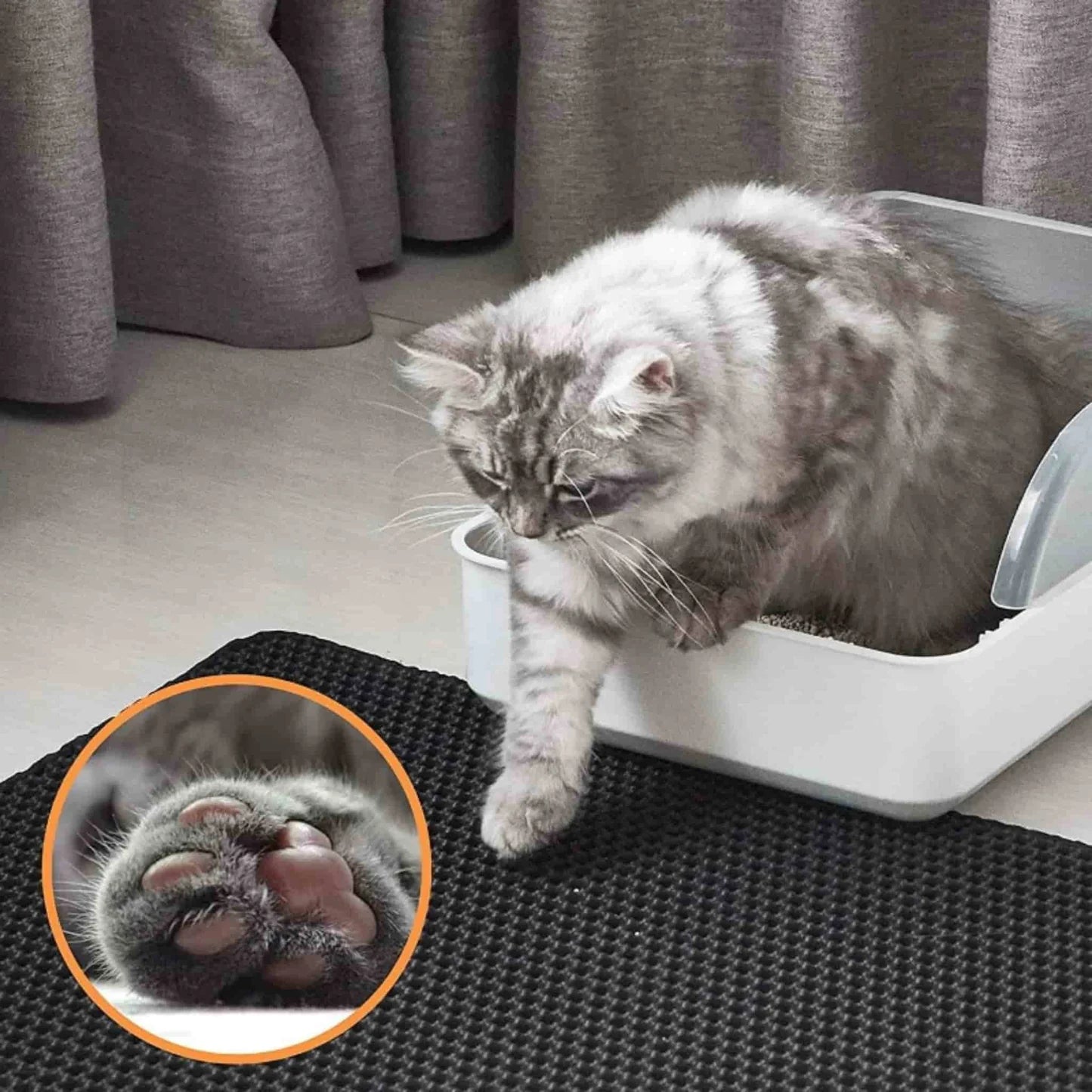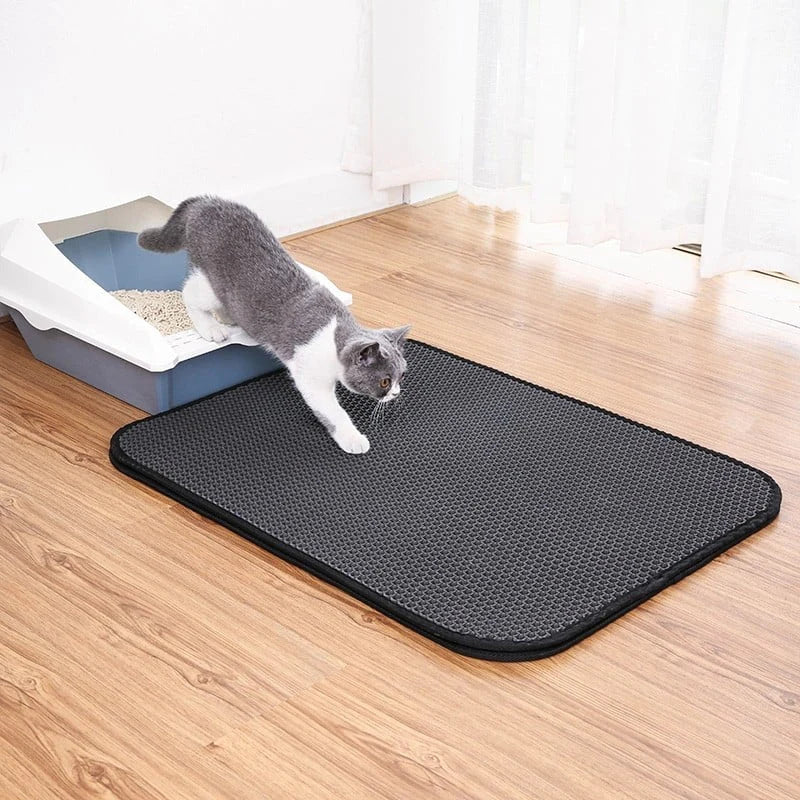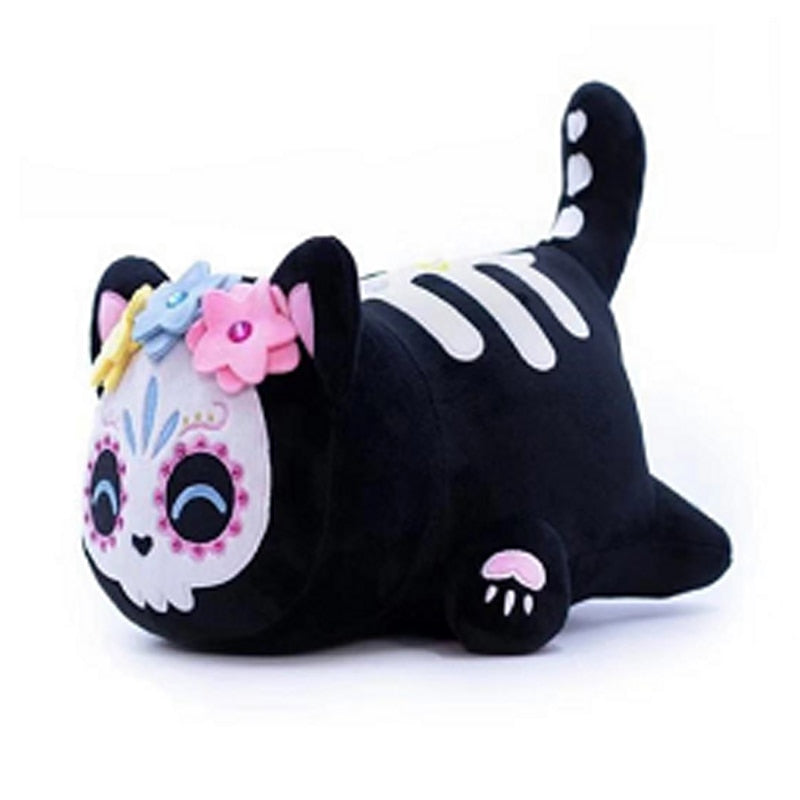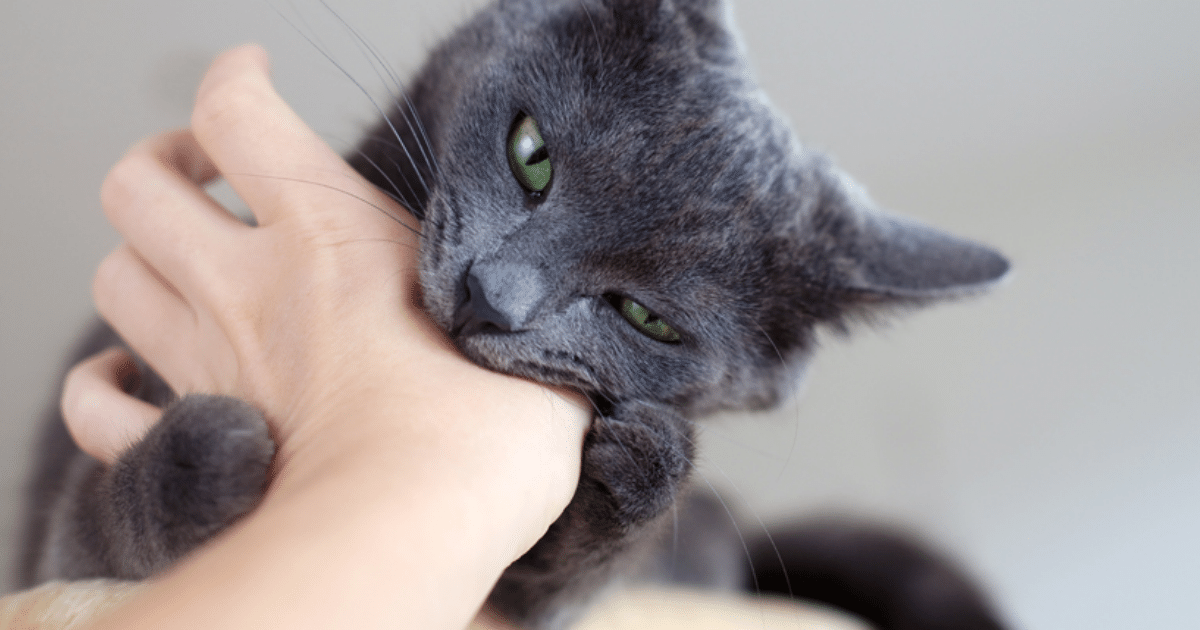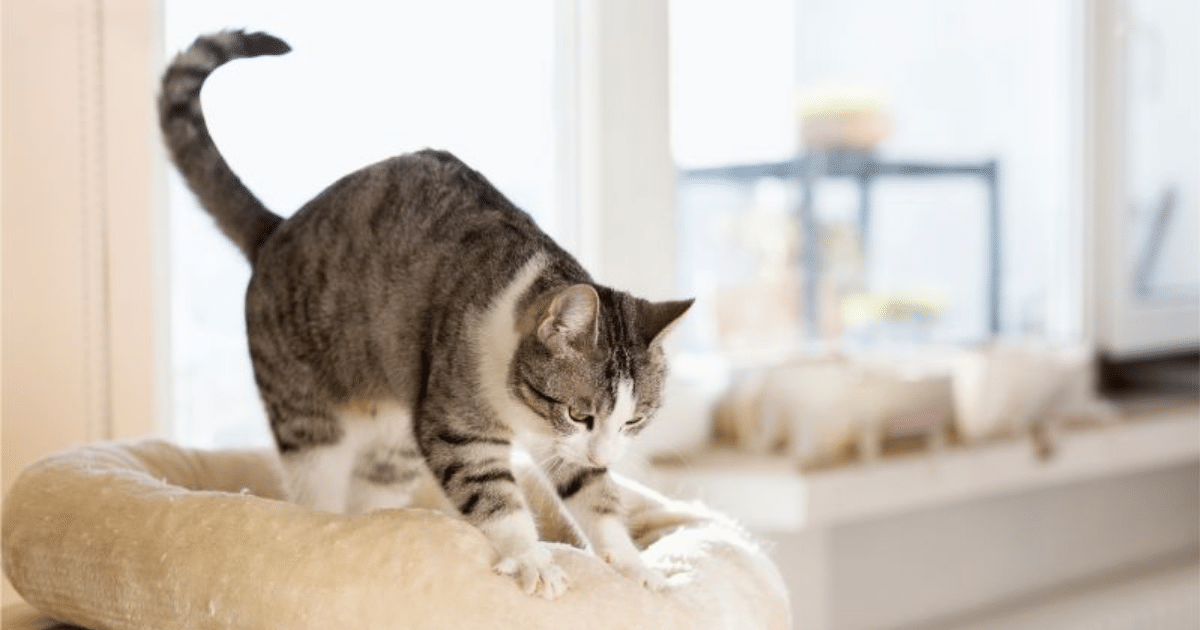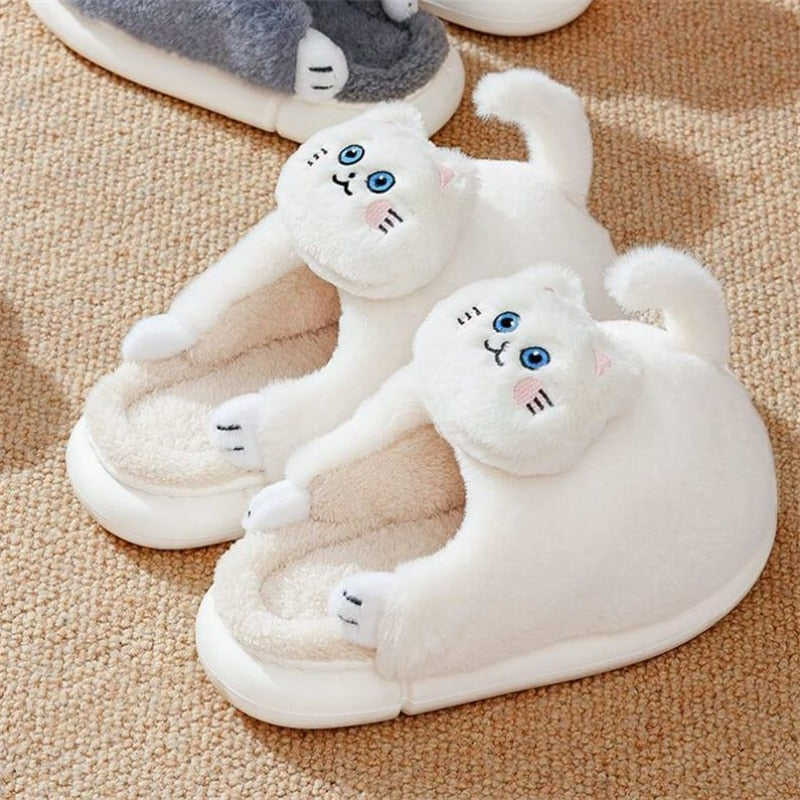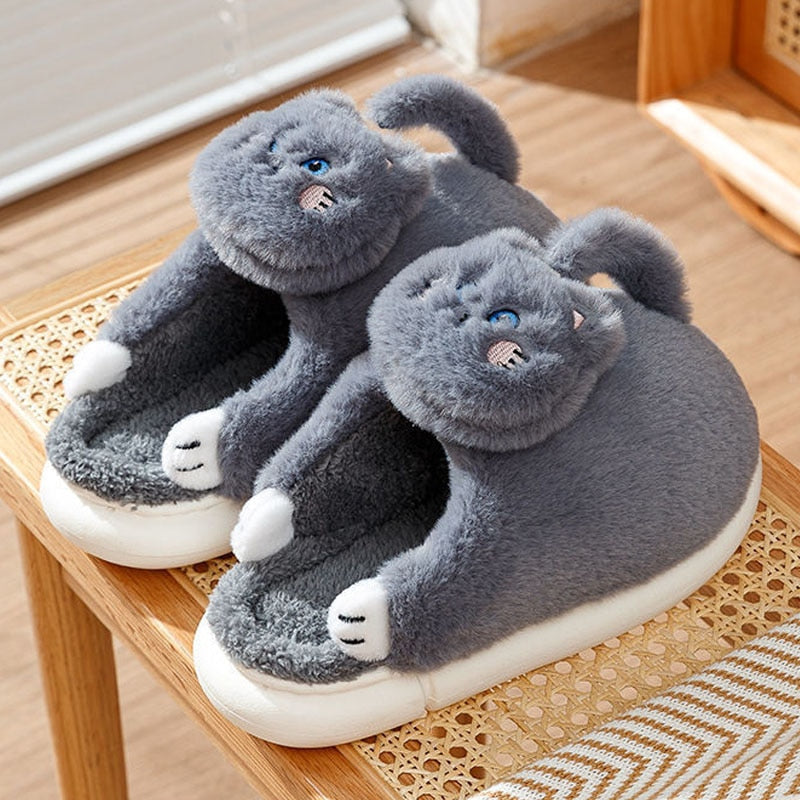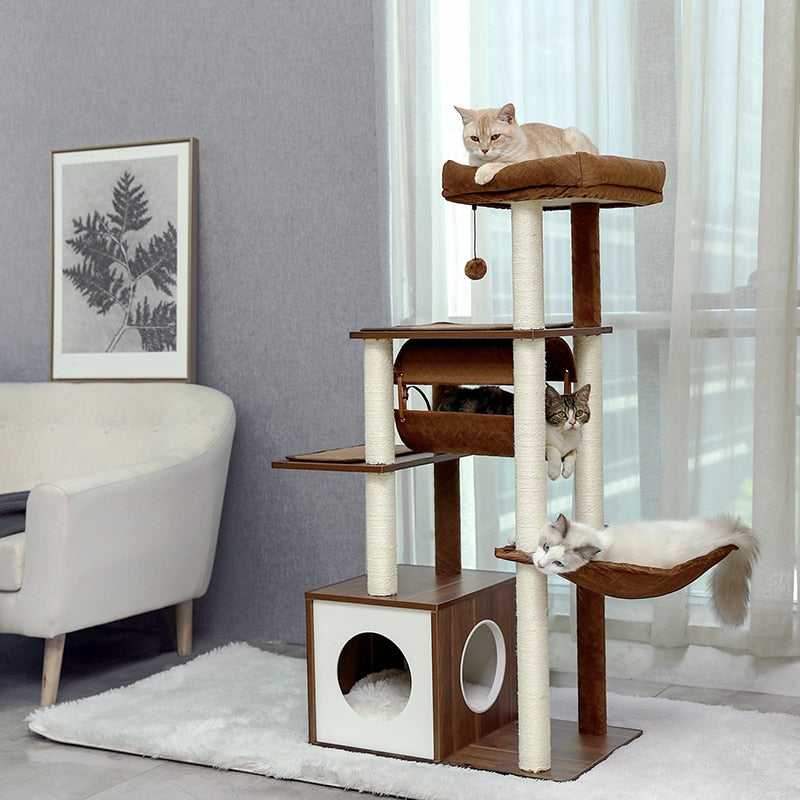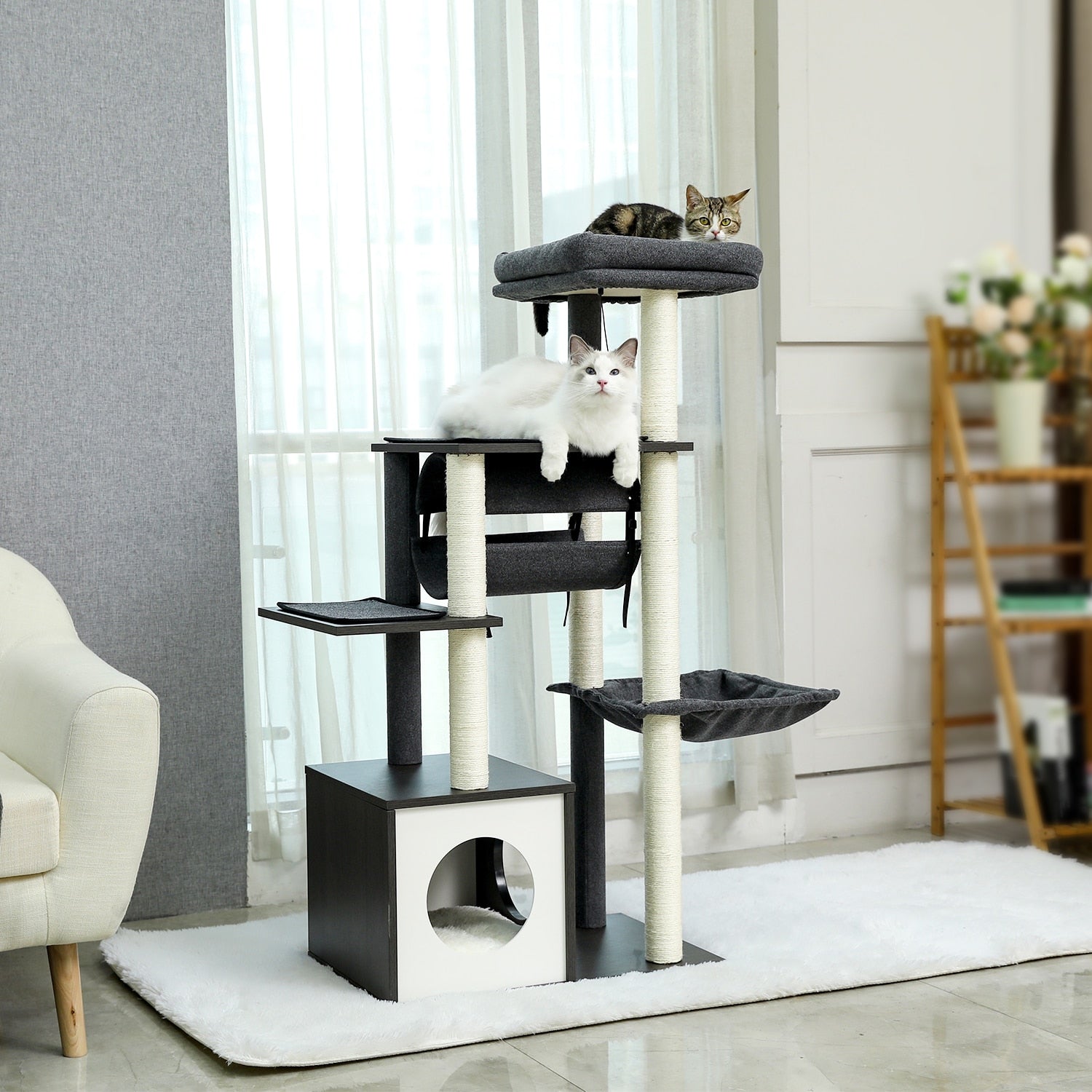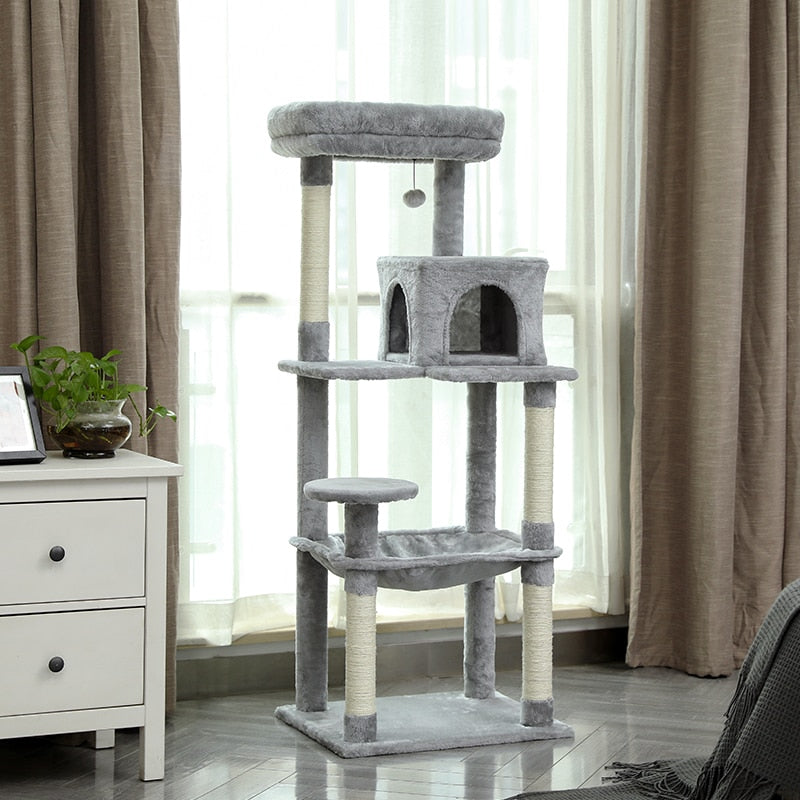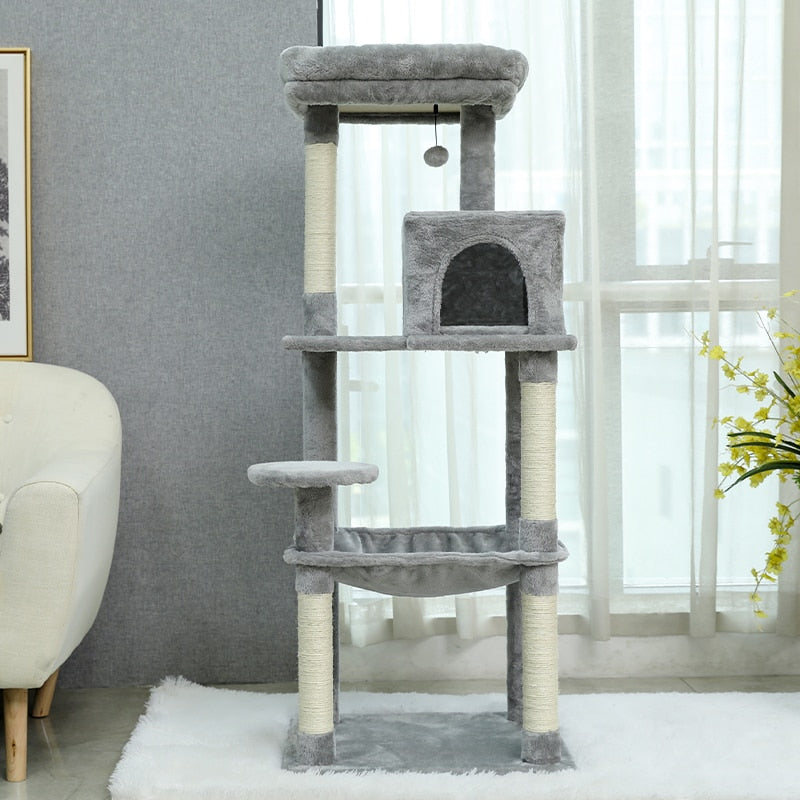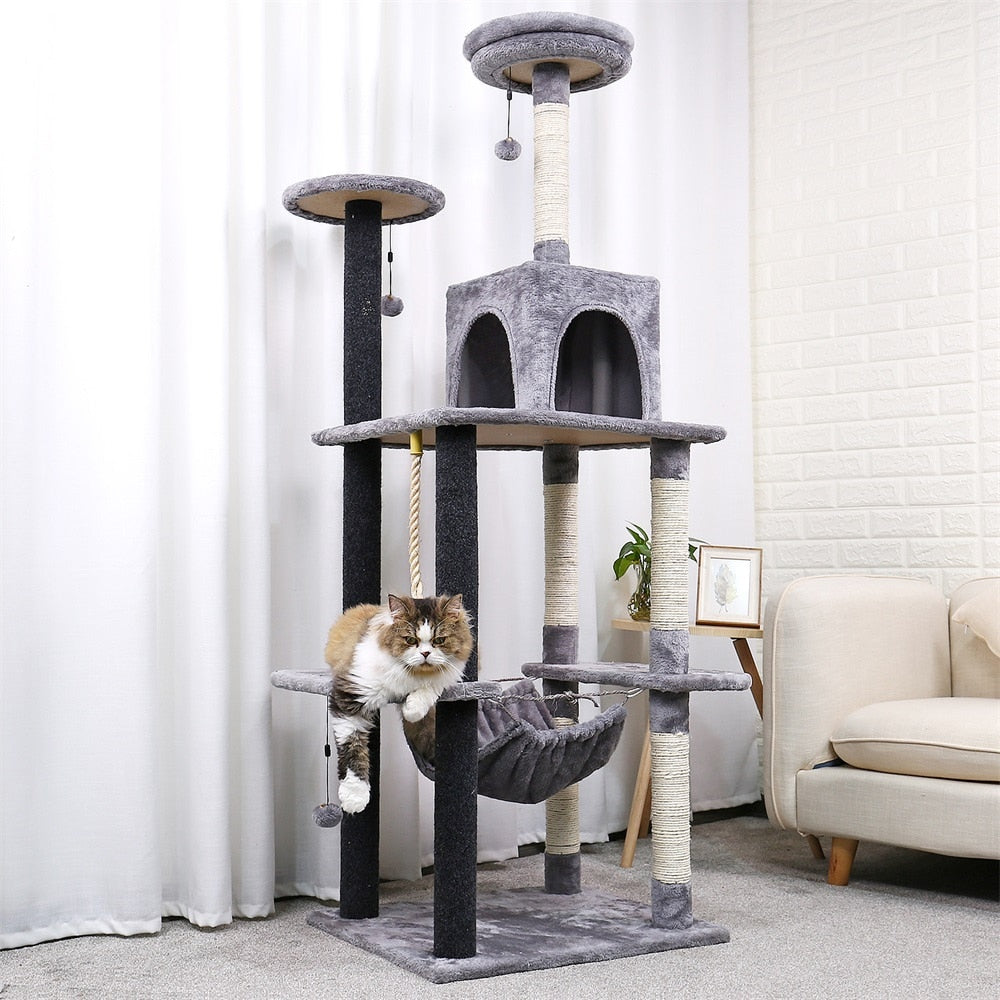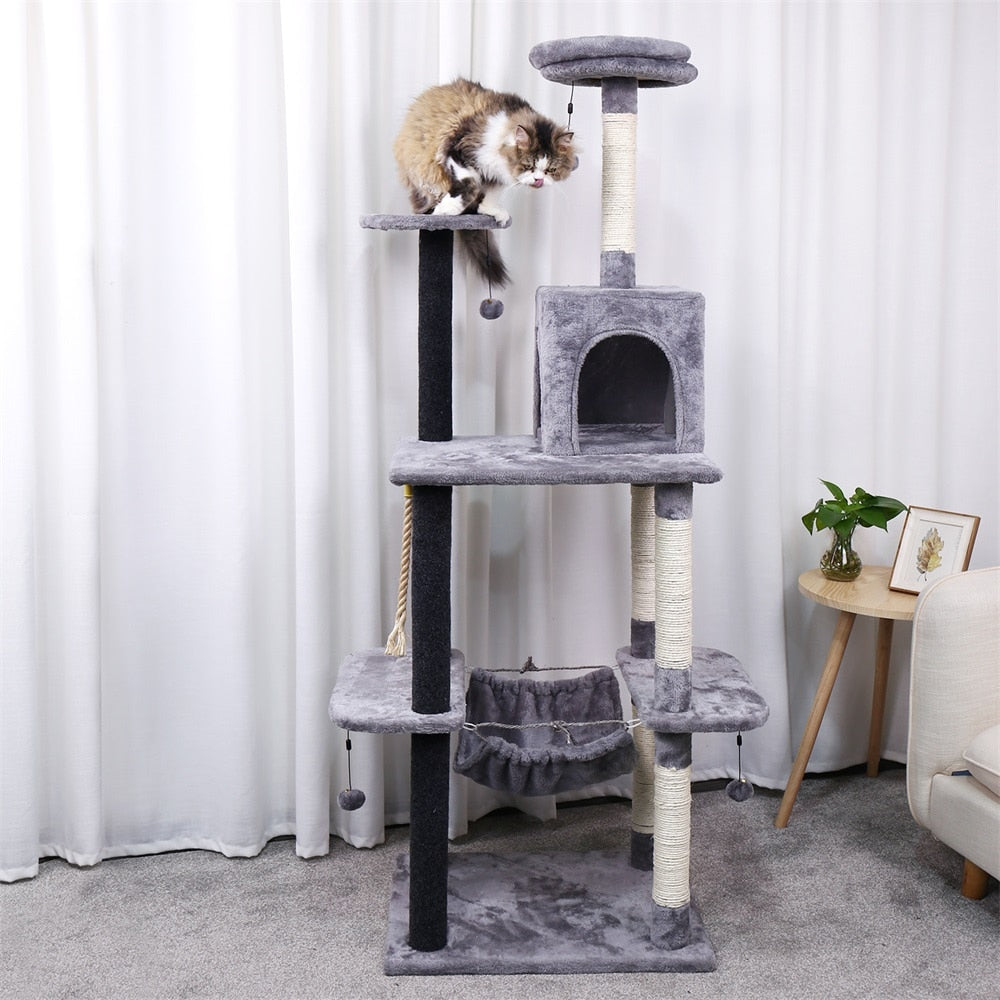How Long Do Cats Live? The Lifespan of Our Beloved Feline Friends
When it comes to our furry friends, one question that often arises is: how long do cats live? Whether you're a cat lover or contemplating getting a new feline companion, understanding their lifespan is crucial. Cats have been companions to humans for thousands of years, and their longevity depends on various factors such as breed, health, and care. Let's delve into the fascinating world of our beloved cats and explore their average lifespan, as well as the factors that influence it.
Cat Lifespan: What is the Average?
On average, cats live anywhere between 12 to 16 years. However, it's not uncommon for cats to live into their early twenties or even longer with proper care. The key to extending your cat's lifespan lies in providing a healthy and nurturing environment. Regular veterinary check-ups, a balanced diet, and exercise are essential for your feline friend's overall well-being.
Genetics play a crucial role in determining a cat's lifespan. Some breeds are known to have longer lifespans than others. For instance, the Siamese, Russian Blue, and Burmese cats are known to live well into their late teens or early twenties. On the other hand, certain breeds, such as the Manx and Bengal, may have a shorter lifespan due to genetic predispositions.
The Role of Diet and Nutrition
One of the key factors that influence a cat's lifespan is its diet and nutrition. Cats are obligate carnivores, which means they require a diet rich in animal protein to thrive. Feeding your cat a high-quality, balanced diet that meets their nutritional needs is vital for their overall health and longevity.
It's important to provide your cat with a diet that includes all essential nutrients, including vitamins, minerals, and fatty acids. Avoid overfeeding, as obesity can lead to various health issues, such as diabetes and heart disease. Consult with your veterinarian to determine the best diet for your feline friend based on their age, breed, and specific nutritional requirements.
The Influence of Exercise and Mental Stimulation
Exercise and mental stimulation are essential for keeping your cat healthy and happy, ultimately contributing to their overall lifespan. Providing opportunities for physical exercise, such as interactive toys and playtime, can help prevent obesity and maintain a healthy weight.
Furthermore, mental stimulation is just as important for cats. Enrich their environment with scratching posts, climbing trees, and interactive puzzle toys to keep their minds stimulated. This can help prevent behavioral issues and promote a longer, happier life for your feline friend.
Factors that Affect a Cat's Lifespan
While genetics, diet, and exercise play a significant role in a cat's lifespan, several other factors can influence how long they live. Here are two more key aspects to consider:
Medical Care and Regular Check-ups
Regular veterinary check-ups are essential for maintaining your cat's health and detecting any underlying issues early on. Vaccinations, parasite prevention, and dental care are all crucial components of a cat's medical care. These preventive measures can help identify and address health concerns before they become more serious, ultimately prolonging your cat's life.
Additionally, spaying or neutering your cat can have a positive impact on their overall health and lifespan. Spaying a female cat helps prevent reproductive organ diseases, while neutering males can reduce the risk of certain types of cancer and behavioral issues.
Environmental Factors and Lifestyle
The environment in which a cat lives can also impact their lifespan. Cats that are kept indoors tend to live longer than outdoor cats. Indoor cats are protected from various dangers, such as traffic accidents, predators, and exposure to infectious diseases.
Creating a safe and stimulating indoor environment is crucial for keeping your cat happy and healthy. Provide plenty of toys, scratching posts, and comfortable resting spots. Consider harness training your cat to allow for supervised outdoor exploration, providing enrichment while minimizing potential hazards.
Conclusion
In conclusion, the lifespan of cats can vary based on various factors, including genetics, diet, exercise, medical care, and their living environment. On average, cats live between 12 to 16 years, but individual cats can live even longer with proper care and attention. Understanding the factors that influence a cat's lifespan allows us to provide the best possible care and ensure our feline friends enjoy a long, healthy, and happy life by our side.


